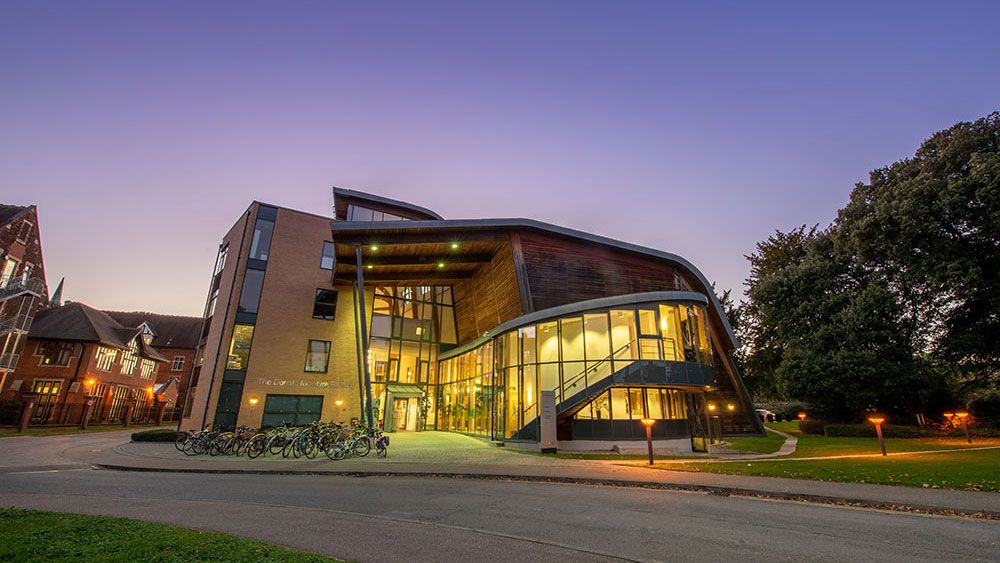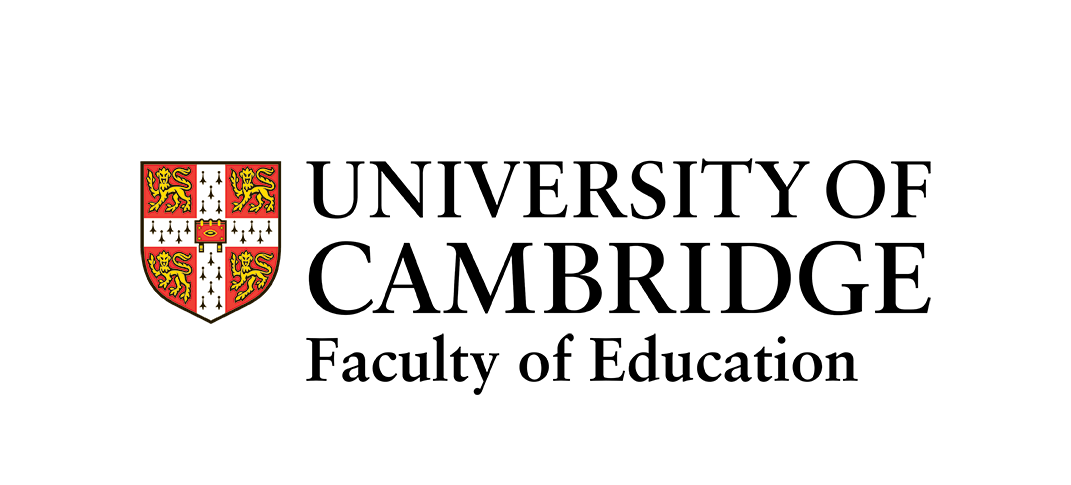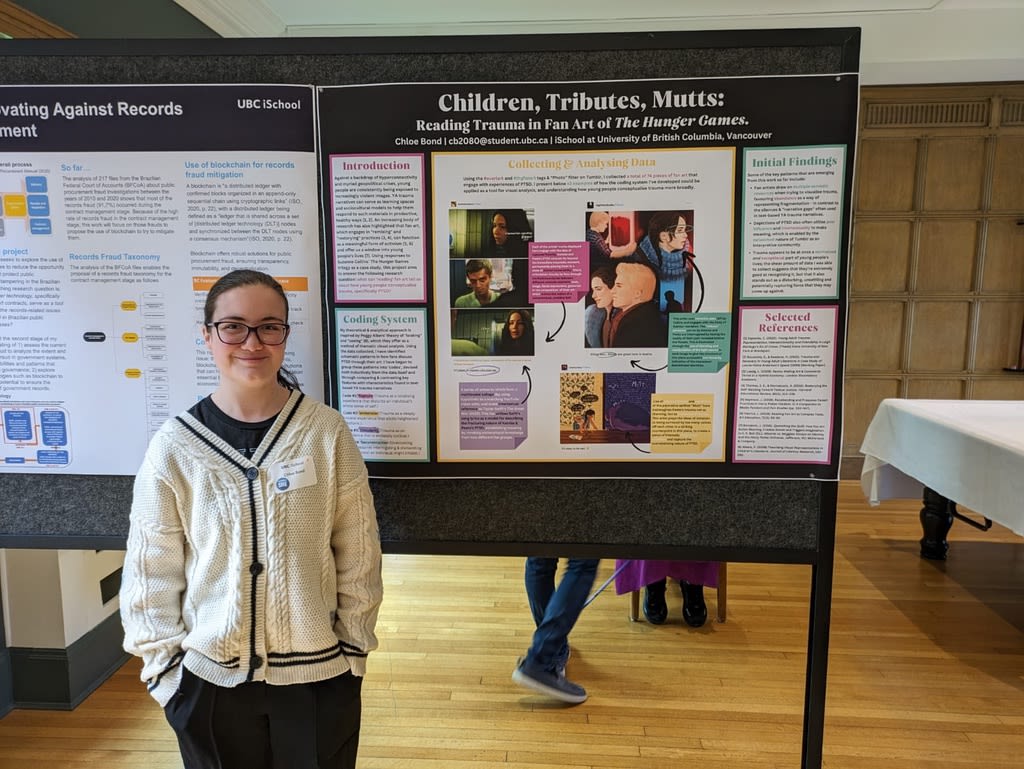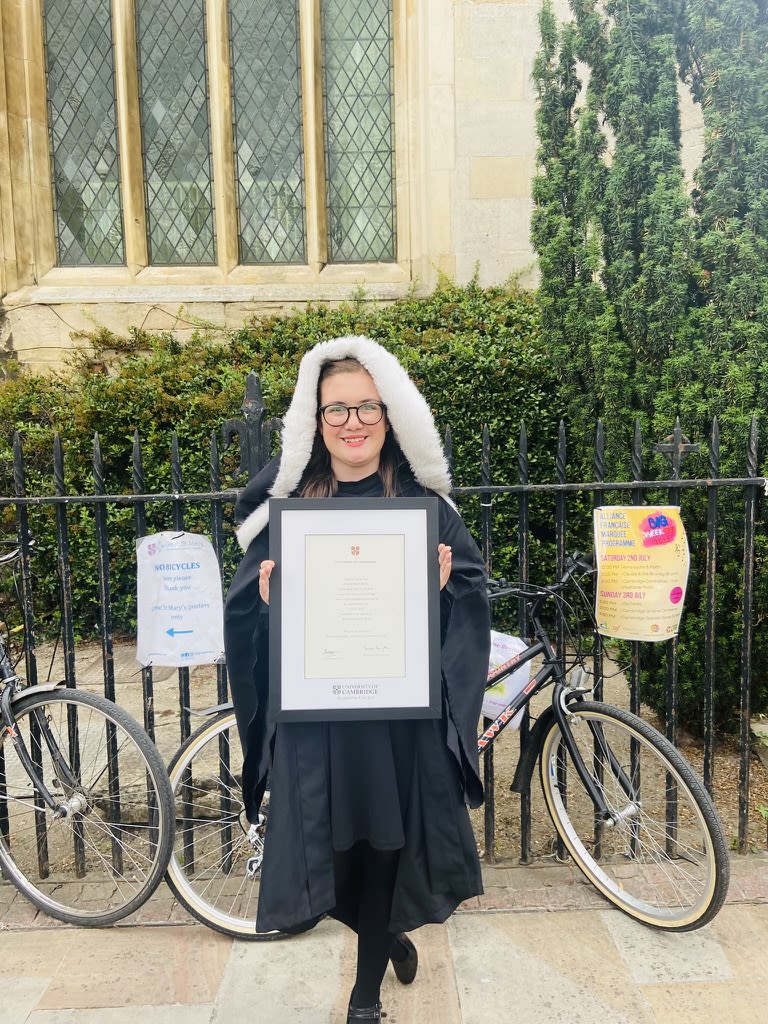What do Education graduates do next?

The idea of the doing a degree in education was something I almost stumbled upon.
I grew up in Colne in Lancashire and went to my local comprehensive school. My sixth form college signed up for programmes run by the Sutton Trust (social mobility charity) and through that I had the chance to come to Cambridge for a week, stay at a college, do some practice lectures and have mock supervisions. It sounds corny but I kind of fell in love with the idea of the education degree. I had so much fun that week I decided to apply.
I guess that what appealed most was the multidisciplinary nature of the course. As a teenager I did a lot of dance and performing arts and ended up teaching and mentoring younger students at my local dance school on weekends. I discovered that I really enjoyed doing that in a voluntary capacity and eventually I ended up working as an in-class teaching assistant with nine to 11-year-olds. I guess my interest in studying education really sprang from there.
I particularly enjoyed the literature-focused papers on the course.
The Faculty does research in children’s literature and as the course developed I found myself leaning more and more into that side of it, focusing on papers that touched on the study of literature and its role in children’s education and development. Of course, I studied lots more besides – I did papers on education and society, play and creativity, and arts and cultural education, for example.
Until I came to Cambridge, I had no idea that children’s literature is something that people actually study. I ended up writing a dissertation about The Hunger Games series of young adult novels and how it represents and engages with aspects of ethics and philosophy. At the time, I had been agonising a lot about what to do for my dissertation and eventually I realised that I could take books that I had personally loved as a young reader and start from those. Looking back that was an important moment: it sort of made real and accessible the idea that young people’s texts can be the object of genuinely serious study. It ended up being a hugely enjoyable experience and from there I just got more and more into children’s literature research.
Children’s literature is about meeting young people where they are.
For me, children’s literature is a point through which young people can access other literature and through which adults can reach them.
Children’s literature is about meeting young people where they are, from an educational and cultural perspective. Recently, for example, I was doing some exam invigilation work for my old high school and it was really sad to see just how disengaged from literature a lot of students are. I am really interested in how we can take texts that kids actually enjoy and use that resource to help them develop as readers, writers and critical thinkers. I am especially interested in this from a digital perspective: young people often engage with literature that matters to them through fan communities online.
I don’t think for a moment that we shouldn’t study Shakespeare in school, but there is a place for something like The Hunger Games as well. Like a lot of ‘canonical’ writers, children’s and young adult literature often deals with themes like identity, power, or technology. If you put them side by side, the contemporary work becomes an access point, helping students who would otherwise find the language and style of something like Shakespeare a barrier to decode it and to understand what it means and why it matters.
I am drawn to doing more work on how digital platforms and social media play a role in how young people engage with literature.
After graduating I worked in Cambridge and did further study in Canada. Now I’m planning to do a PhD.
I actually worked at the Faculty of Education for a while, as a communications and social and digital media assistant in the Centre for Research in Play in Education, Development and Learning (PEDAL). I then spent a year studying for a Master’s Degree at the University of British Columbia in Vancouver, Canada. Since then, I have been doing a bit of tutoring and mentoring as well as some marketing work, but my plan now is to do a PhD.
I’m currently working on my doctoral research proposal but it is likely to be in a space that combines children’s literature with media studies. I am really interested in the idea of ‘found families’ in children’s literature. There is a common trope in a lot of young people’s fiction involving characters who have lost their family, or don’t have a family, and build a different kind of ‘family’ for themselves. I want to know more about what this communicates to young people and how it engages with their wider ideas about identity and belonging.
I would love to work in academia or teaching long-term.
I am very drawn to the idea of doing more work on how digital platforms and social media play a role in how young people engage with literature and texts. I find it a relatable subject because I am quite introverted and things like book clubs, which require a lot of face-to-face interaction, were never really my thing. Socia media gave me a space to talk about the books and characters I loved without the pressure of a social situation! Building on what I started to do during my undergraduate degree, I want to find out more about how we can use digital platforms to build ways and places for young people to develop a love of literature and have meaningful experiences through those encounters.



